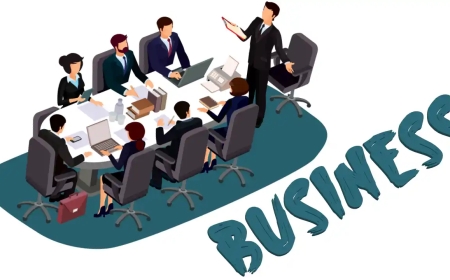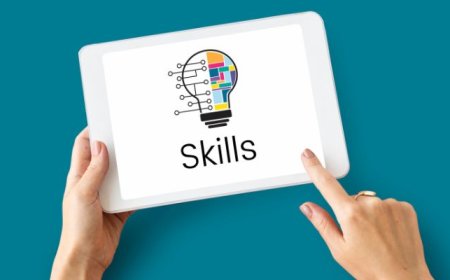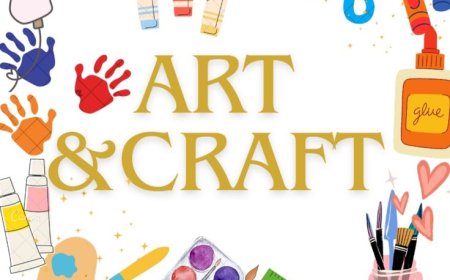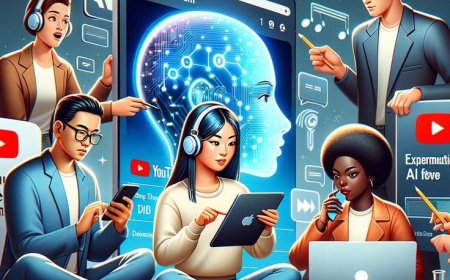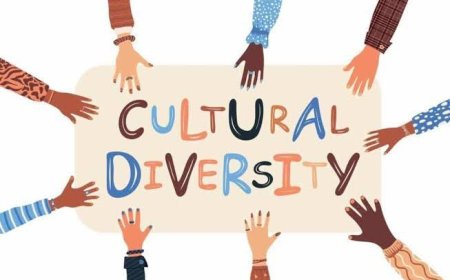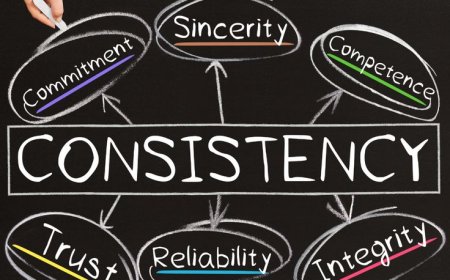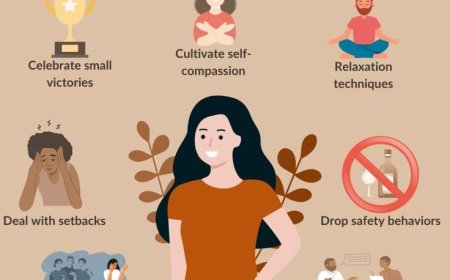10 Skills Your Child Must Learn to Survive in the Rat Race—and Where to Enroll
Prepare your child for the future with key life and learning skills. Learn which abilities matter most and where to enroll for the right training and development.

We all love our kids the most, don't we? Happiness, healthiness, and success are the things we wish for them. However, the world they are living in is very competitive, the race that people often call the rat race.
To be honest, simply having good grades is not sufficient anymore. The world will be occupied by those who can handle intricate problems, express their ideas, and go through changes continuously.
Your child will not only need to endure this but also require an entirely different set of tools. They will need to acquire the foundational child development skills that are not even mentioned in the textbooks. So, let us explore together the 10 most important skills for future success and provide you with some practical suggestions on where to send your child to acquire them.
The Core Shift: From Knowledge to Skill Power
In the past, school was about absorbing information. Today, thanks to the internet, information is everywhere. The key job of a modern professional is to use that information creatively. This means focusing on applied skills.

1. Critical Thinking and Problem-Solving
The ability to look at a complicated situation, break it down, and find a creative solution. This is the skill that machines cannot easily replace.
Future employment would include the analysis of data and the resolution of original and complicated human issues as their main tasks.
Controversial clubs (such as those organized by schools or local community centers) or Chess courses (conducted by online platforms or local academies). Both activities require kids to anticipate multiple moves and evaluate the different opinions.
2. Resilience (Recovering from Failure)
The capacity to take rejection, errors, and difficulties in stride and not to give up. This quality is sometimes referred to as "grit."
Every achiever has to go through a cycle of failures over and over again. Children need to learn that failure is a way of improving and not a permanent label.
Martial Arts (Karate, Taekwondo) or Rock Climbing/Gymnastics. Through these activities, children are able to take physical risks, and the need for constant practice and failure is set before them until they are able to master the move.
3. Collaborative Communication
The capacity to communicate one’s thoughts and, more importantly, to listen very attentively, cooperate, and thus share the benefits of others’ ideas. This is a must for teaching social skills to a child.
Most of the time, significant work is done in teams that are scattered across different cultures and time zones.
Team Sports (Football, Basketball) or Drama/Theatre classes. Theatre stands out as a medium where children learn to depend totally on their co-actors and, at the same time, they have to convey their emotions and ideas very plainly.
4. Financial Literacy (Money Management)
Knowing the workings of money: savings, budgets, and investments.
Financial worries are a big issue for many adults. Teaching kids intelligent money habits from the very beginning not only gives them freedom but also reduces the stress associated with money matters later on.
Online Finance Games or Junior Entrepreneurship Camps can be the means. Initiate with hands-on practice: allow them some pocket money and let them record it using either a basic ledger or an app.

Physical and Emotional Foundation are Building Blocks.
A healthy body and a strong mind are the two main requirements for success. These foundational child development skills start early.
5. Digital Literacy and Coding Logic
Not merely possessing the ability to operate a computer, but also the ability to think as one, having the knowledge of coding logic, algorithms, and digital safety.
Technology is the future language. Knowing how to make software will not only get you into tech but also into all other fields.
Scratch Programming classes (for the youngest children, through platforms like Code.org or nearby coding schools) or Robotics clubs.
6. Fine Motor Skills
The development of motor skills in children has not ceased to be an important factor in handwriting, artistic expression, surgery, and fast, easy typing, notwithstanding the widespread assumption that technology has made it superfluous! Such classes include Art (sculpting, drawing, painting), Music (especially piano or guitar), and Woodworking/Crafts.
7. Time Management and Focus
The skill to arrange tasks in order of priority, to turn off the noise around and to be able to think very deeply for a long time.
There are a lot of distractions in the digital world. Being able to focus is, without a doubt, the most priceless asset in the contemporary economy.
Activities like participating in a Band or Orchestra that necessitate daily practice along with structured oversight and tutoring centers that are personalized to impart organizational skills along with academics, are forms of structured extracurriculars.
8. Empathy and Emotional Intelligence (EQ)
The capability to connect one's feelings with those of others, as well as to handle one's own emotions in a positive manner.
Research has continually indicated that EQ surpasses IQ in predicting job performance. It is a foundation for trust and good communication in the workplace, thus making it one of the most important qualities in leadership.
Kids can become emotionally intelligent through certain activities such as volunteer programs (especially those involving different age groups), or even simple pleasure reading where they have to be in a character's mind.
The Final Edge: Skills for the Global Stage
These final two skills prepare your child to be a global citizen and a true leader.
9. Basic Self-Care and Domestic Skills
A healthy meal, laundry done, keeping track of a simple budget, and learning basic first aid.
A kid who is able to manage themselves is independent. This allows their mental energy to be directed towards achieving larger professional goals, thus giving them independence as soon as they leave the house.
Local Cooking Classes (most community centers provide these) or Home-based chores (the best enrollment is at home, granting them more and more responsibility).
10. Public Speaking and Presentation
The assurance of speaking loudly, with great emotion and conviction, and being listened to by a big audience.
Besides bringing up an idea and participating in a meeting, the power to attract and to transfer one’s vision is the basic skill for one’s career development.
Toastmasters Youth Programs (or similar public speaking clubs) or school-based Model UN (United Nations) groups. These are the gold standard for child skill development programs focused on eloquence.
Your Role: The Ultimate Program Director
Your child's success in the rat race won't come from a single course; it comes from a combination of these child development skills practiced over time. The best child skill development program is always the home environment, supported by strategic enrollment in external activities.
Remember, your job isn't just to enroll them; it's to be their role model, showing them how you use resilience, empathy, and problem-solving every day. Start small, focus on fun, and watch them build the armor they need for a successful life.
What's Your Reaction?
 Like
0
Like
0
 Dislike
0
Dislike
0
 Love
0
Love
0
 Funny
0
Funny
0
 Angry
0
Angry
0
 Sad
0
Sad
0
 Wow
0
Wow
0















